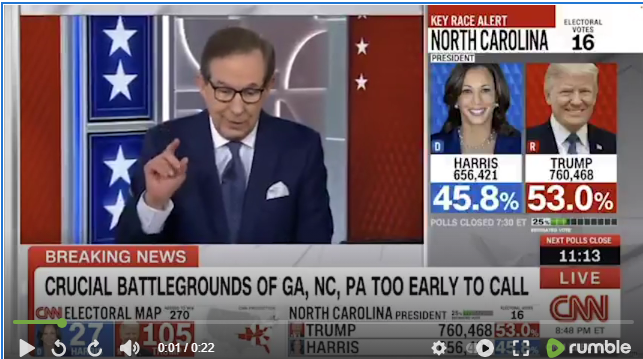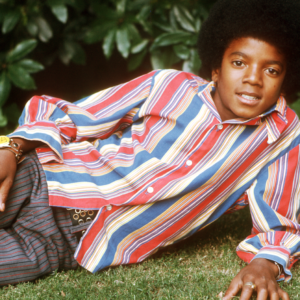
CNN anchor Chris Wallace recently expressed surprise at the tight race between Vice President Kamala Harris and former President Donald Trump, particularly in the traditionally Democratic-leaning suburbs of Washington, D.C. He noted that Virginia, a state that has consistently voted Democratic since 2008, was unexpectedly competitive this election cycle.
Wallace referenced Trump’s late-October rally in Virginia, which some initially questioned due to the state’s Democratic leaning. However, with early results showing a close race, Wallace emphasized that this was unusual for Virginia and demonstrated Trump’s gains in what was assumed to be a solid blue area. Co-panelist Dana Bash pointed out that only half the votes had been counted at the time, though Wallace maintained that even this preliminary data reflected a closer contest than anticipated.
As of 9:45 PM Eastern Time, former President Donald Trump holds a slim lead in Virginia, with about 55 percent of the vote counted. Notably, Republicans have seen increased support in Northern Virginia, a traditionally Democratic area shaped by the influence of the D.C. metro region. In Loudoun County, typically a blue stronghold, Democratic nominee Kamala Harris leads Trump by just 17 points, with 57 percent to his 40 percent—a significant shift compared to the 2020 election, where the margin was eight points wider in favor of the Democrats.
Pollster Rich Baris suggested that if this shift in Loudoun County reflects a broader trend across Virginia, the state could see an exceptionally tight finish. Earlier in the evening, CNN’s Chris Wallace had noted positive signs for Trump from preliminary exit polls. He also commented on the overall dissatisfaction among voters: according to CNN’s David Chalian, only 7 percent of voters expressed enthusiasm about the country’s direction, while a combined 72 percent reported feeling either dissatisfied or angry.
During the discussion, Dana Bash suggested that some voter dissatisfaction could be tied to Trump’s economic track record. However, Wallace disagreed, characterizing her assessment as overly optimistic. He added that, with such a high level of discontent, it would be remarkable for Harris to overcome the challenging political climate and win the race.





